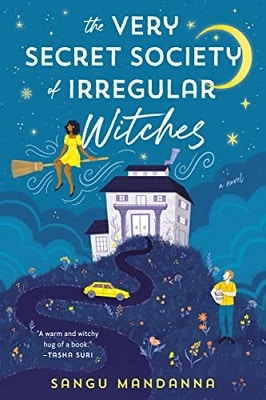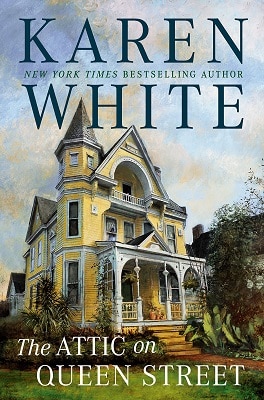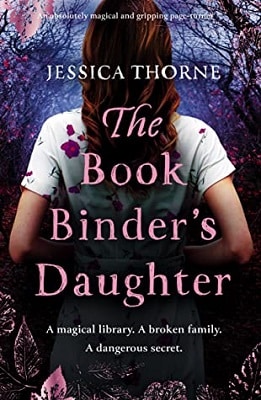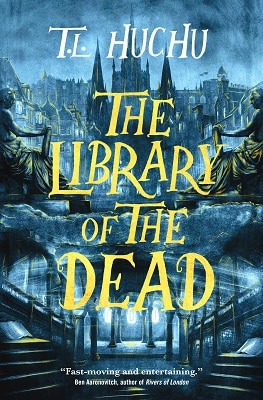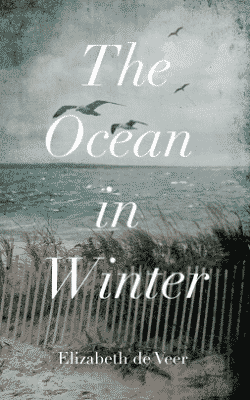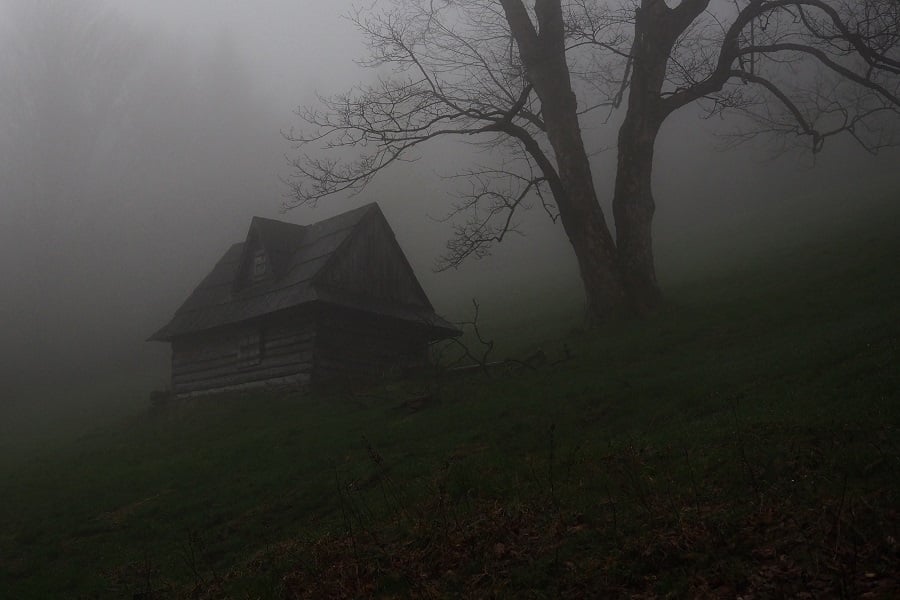
Feature
New England Mysteries
Sharon L. Dean
Rural New England is no place for a thriller with an intricate network of spies or Mafia dons. The closest thing to a private investigator would be the local police chief or sheriff. If you’re looking for noir, look in the gritty city streets, not the quiet lake in the woods.
The northern states of Maine, New Hampshire, and Vermont, especially, won’t give much opportunity for characters of color. These towns are still predominantly white, though if the period is the twenty-first century, issues of race and ethnicity can creep in. Whoever the character is, he or she is likely to be an outsider. No forcing a character for the sake of representation allowed. Howard Frank Mosher manages to be convincing in his 1989 novel A Stranger in the Kingdom. Set in Vermont’s Northern Kingdom, the novel shows how a black man, even though a minister, becomes the target of suspicion when a murder occurs in this once peaceable kingdom.
Despite these limitations on plot and character, mysteries set in rural New England have much to exploit. Start with its history. Leslie Wheeler sets The Mystery of Plimoth Plantation in the colony that’s been reconstructed to represent that early settlement. She uses the past to write a contemporary murder mystery where the interpreter playing Miles Standish is beheaded.
Also set in Puritan New England, what is Hawthorne’s The Scarlet Letter, written two centuries after the settling of Massachusetts Bay Colony, if not the mystery of who fathered Hester Prynne’s child? Anita Shreve’s The Weight of Water weaves in the history of the 1873 Smuttynose murders on one of the Isles of Shoals.
Other areas of the United States have their history, but New England goes back further than any location except St. Augustine and Jamestown. It helps that it’s the site of the literary flowering dubbed The American Renaissance.
Whether set in the past or the present, the cast of characters in rural New England mysteries would be small, eccentric, proverbially taciturn. A librarian, a minister, a writer, the custodian of the school or the town dump or the cemetery. I used the memory of a librarian from my childhood in one of my novels. She was old and wrinkled and smelled of death. Only years later did I learn that she’d had a child out-of-wedlock and been given the job so she could support him.
advertisement
Small towns might be insulated and gossipy but they take care of their own. Think of Murder She Wrote’s Jessica Fletcher. She brings a wider perspective to Cavendish, Maine, and interacts with the local police chief. Okay, the series was filmed in California and the Maine accents are terrible, but the setting works.
Every good New England town needs an eccentric. The recluse who lives in a house covered with gypsy moths and with old newspapers piled so high the interior is hidden from view. Who checks on this woman? Why has she retreated into a run-down house? What is her back story? Or find a character in the man who’s in charge of the town dump, the couple who own the Village Store and stock the best cheese in New England, the owner of the gas station who’s descended from Giles Corey of Salem witchcraft fame and who still pumps gas for his customers, the grounds keeper for the cemetery that dates back to the 1600s. Cemeteries are such good places for a mystery novel, with their death’s heads and hour glasses and weeping willows engraved on tombstones that document children dead in a scarlet fever epidemic or women who receive the title of “his wife,” they are a wellspring for ideas.
That quiet lake in the woods? What wonderful opportunities New England gives for setting. Woods and lakes and mountains, all exploit the New England weather where it’s said, “If you don’t like it, wait a minute.” Stephen King is the master here. Although only two are set in Maine, he exploits the symbolic power of the seasons in the four novellas collected in Different Seasons––“Rita Hayworth and Shawshank Redemption: Hope Springs Eternal; “Apt Pupil: Summer of Corruption”; “The Body: Fall from Innocence”; “The Breathing Method: A Winter’s Tale.” Consider how King captures the power of sound in this passage from Cujo where the character Donna Trenton is aware of how foreign the sounds of nature are to her city ears.
The quiet struck her at once. It was hot and so quiet that it was somehow unnerving. . . .
She heard birdsong, and the harsher music of a crow somewhere in the long field which stretched down the flank of the hill they had just climbed. There was the sigh of a light breeze, and the oaks that lined the driveway made moving patterns of shadow around her feet. But she could not hear a single car engine, not even the faraway burp of a tractor or a baling machine.
Of course, rural New England has never been the idyllic place of the imagination. Think Grace Metalious’s Peyton Place. If it isn’t exactly a mystery, it does involve a murder along with adultery, abuse, suicide, and plenty of gossip. Richard Russo’s small industrial town of Empire Falls includes the horror of a bullied and abused boy who leaves his grandmother’s body in the local landfill. Donna Tartt’s The Secret History is every parents’ nightmare of what goes on behind the scenes of a quiet college in Vermont.
With the advent of social media, the distinctive accents of New England are changing. Trees that once covered the area were leveled in the nineteenth century for sheep farming. They are being leveled again for the hungry machinery of development, the center of the plot of Joseph Freda’s Suburban Guerillas. But for all its change, for all its undercurrent of secret and not so secret crime, rural New England is still a place of bird songs and crickets and breezes and brooks. Until the threat descends like the violence of a New England Nor’easter.
About the Author
Sharon L. Dean grew up in Massachusetts where she was immersed in the literature of New England. Although she now lives in Oregon, all her novels are based in the New England she still thinks of as home. Her three Susan Warner mysteries feature a retired college professor from New Hampshire. Her new series features another reluctant sleuth, Deborah Strong, a librarian in a small New Hampshire town. Dean is currently working on a sequel to Leaving Freedom, a novel that began in Massachusetts and ended in Oregon. The sequel will reverse the journey as the protagonist travels back to Freedom, Massachusetts, a town she once called home.
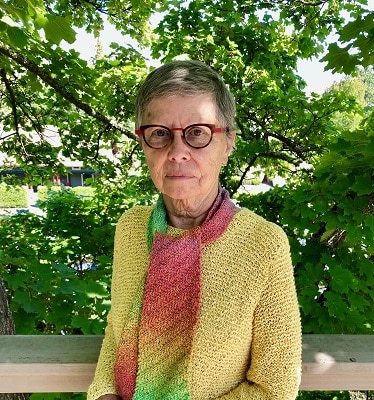
More Mystery Features
Horror Through the Ages
A Journey Through Time and Terror
Technology in Horror
When gadgets become nightmares
Female Characters in Horror
From Victims to Heroes
Advertisement
Mystery Reads
advertisement





